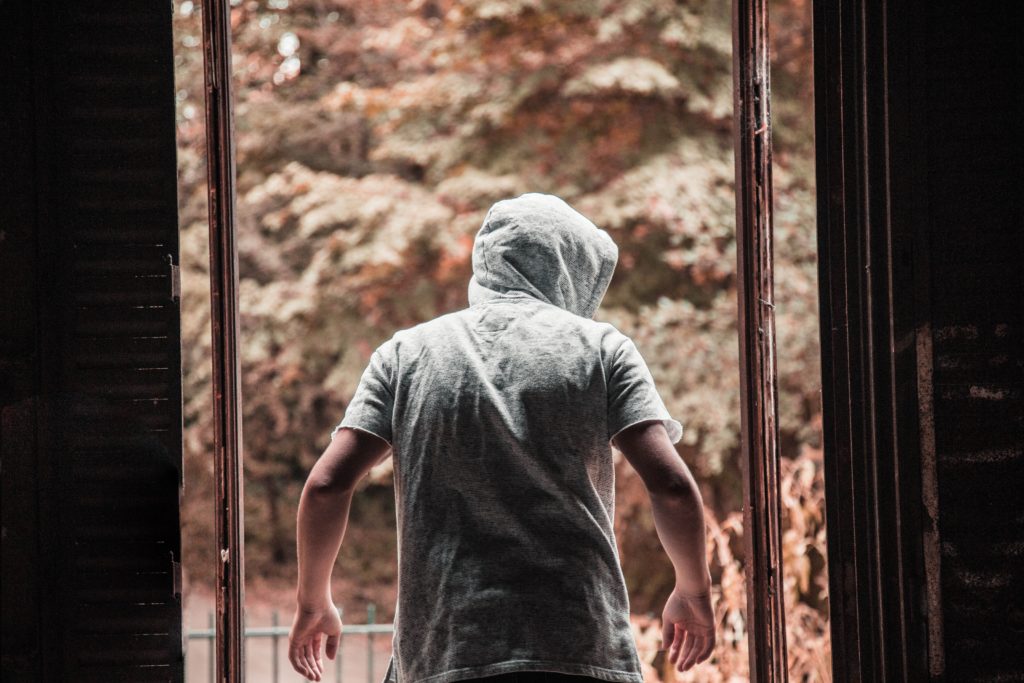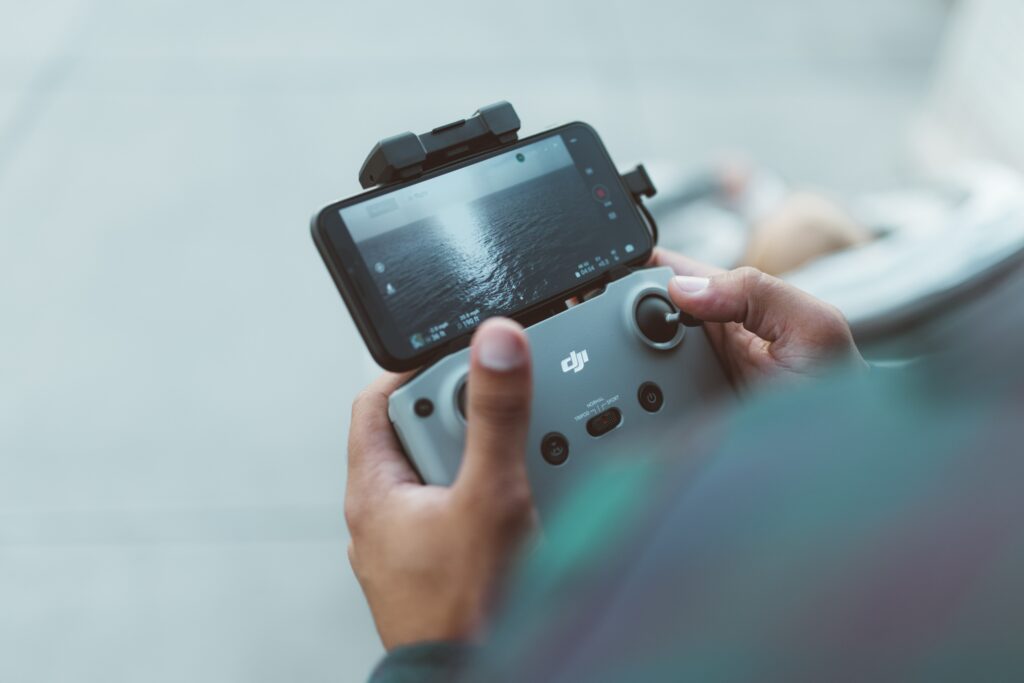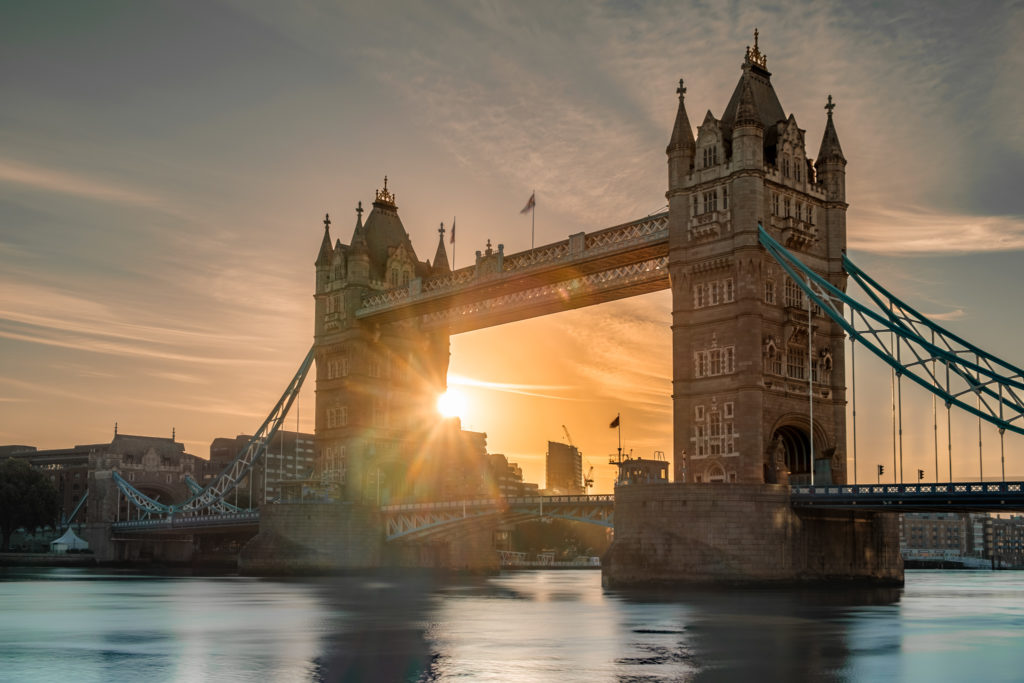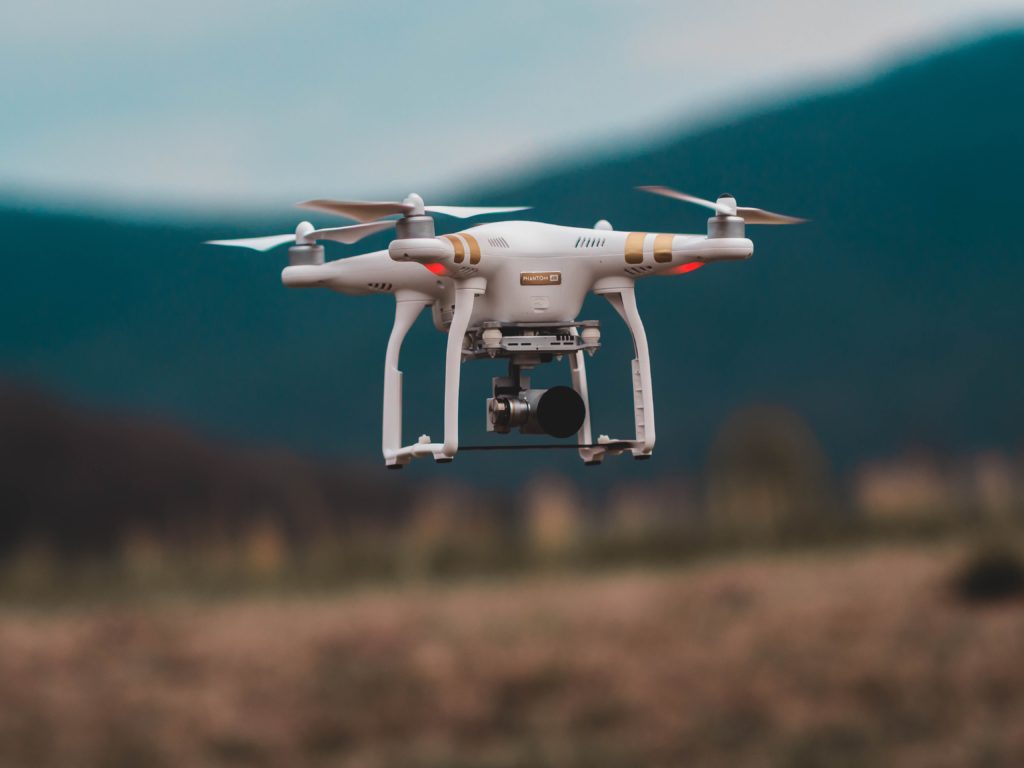When you have a moment, open up your camera bag and take a look. Then estimate the value of that’s bag’s contents. It’s a scary amount, isn’t it? Now think a little further, is all your equipment in that one bag?
I bet it’s not. Add in the values of all the photographic equipment you have in drawers and lockers. Now imagine losing that gear to theft, fire or any other catastrophe. It’s going to take some serious money to replace.
The answer, of course, is to have insurance. Or so the insurance companies will tell you. But is it? Insurance companies price your valuables based on a risk assessment.
The higher the risk, the higher your premium will be. So when considering taking out insurance for your camera equipment, you should carry out your own risk assessment, to determine what level of insurance, if any, you need.
In this article, we are going to take a look at the pros and cons of camera insurance.

Why You Should Take Insurance
If your camera gear is your bread and butter, then insurance is an absolute. Loss of your gear will mean a loss of your earnings and a potentially catastrophic situation. Not only that, you will need to have some sort of commercial liability cover. For non-professionals, insurance can still be a very important consideration.
If your photography is predominantly outdoors then you will always be at risk. Not only from theft but from dropping your camera or other unforeseen circumstances.
Even at indoors your equipment is at some level of risk. At home, you may be burgled or be the victim of a house fire. In public places, there are always risks. Even something as simple as someone knocking your camera off of a table could cause you serious expense.
The real point of having insurance is to be able to recover from an unexpected event, in particular, the expense of covering that replacement quickly.

Why You Should Not Take Insurance
Camera insurance, however, may not be for everyone. Firstly if your equipment is not highly expensive and you have reasonable means to cover a replacement then the premiums may end up costing more than the value of the equipment.
If you live in a low crime area and do mainly indoor photography, then again, it’s probably not a necessity. Alternatively, if you live in a high crime area and do outdoor photography, you may find that the premiums are simply too high. It all comes down to assessing your own risks and balancing it with your financial ability to replace equipment

Assessing Your Own Risks
The following is a list of some of the considerations you should make when deciding on the need for insurance.
-
- Do you travel a lot with your camera?
- Do you live in a high crime area?
- Do you use a drone for photography?
- Is your income derived from photography?
- Is the replacement cost of your equipment beyond immediate financial means?
- Do you leave equipment unattended in your vehicle (even out of sight)?
- Do you live in an area prone to natural disasters?
If your answer was yes to any one of the above then insurance should be a consideration. However, not all insurance is the same. In selecting a suitable insurance policy the devil is truly in the detail. You need to make sure you really do read the small print.

Not All Insurance Is The Same.
There is a pretty good chance that you have a household insurance policy. There is a good chance that that policy covers photographic equipment.
However, if you delve deep into the small print you might find some nasty surprises. Often the value of the photographic equipment is severely limited, meaning you might end up paying a significant excess. You might find that the policy only covers you for damage and theft from your own property.
The key is to have dedicated photographic equipment insurance, but even then you need to read closely at that small print. Some policies might not cover you for travel or if your equipment is stolen from a car. Others (read many) may not cover your drone or other ancillary equipment. It can be a minefield.
Another option you can consider is to simply save the money you would pay for insurance and set it aside for the eventuality of a rainy day.
Insurance, like purchasing photographic equipment needs to well researched and the need for it assessed. Hopefully, some of the pointers above will help you decide which if any is most suitable for you.
Let us know in the comments below your thoughts on photographic insurance.
Shareable Images for Pinterest





2 Comments
Jason, great article – and one that far too many people overlook, until something happens and it’s “poor me!”
Rule 1 – if the potential loss is “un-affordable”, you should insure.
Rule 2 – the basic concept of insurance is quite simple. Nothing’s for nothing, and neither is insurance. All it does is rework the figures at a MACRO level, charge a fee (the insurer’s profit & overheads), and – ON AVERAGE, across the population – put money aside for when you need it, and (in effect) give you back your own money. Minus fees, of course.
Rule 3 – the time when you are most likely to have a loss is when you let the insurance lapse, or when you fail to take out insurance. In Australia, this is variously known as “Murphy’s Law” or “sod’s law”. And believe it – it happens!
Rule 4 – if you have various insurances (house, car, business, cameras, whatever), it is more prudent for individuals to consult an insurance broker. I don’t know how this works in the US, but in Australia and, I believe, the UK, the broker is YOUR adviser, but you don’t have to pay him – the insurers do, out of the savings in overheads they make by allowing brokers to sort the clients out. Neat! I’ve been using them for most of my adult life. If something costs more, it’s because it should – quality always costs – and if you try to save, especially working on your own, you’ll end up with sh***y fly by night insurers who will haggle whenever you have some minor claim and disappear into bankruptcy by the time you have a major claim (v Messrs Murhpy & sod, above)
Rule 5 – if you’re happy to “self insure” (ie not insure) except when you’re on a trip, you might find your broker can get you cover for the trip on VERY attractive terms, just for the few ays or weeks of your trip.
I guess I’ve been lucky. I’ve used insurance for my camera gear twice. Once, many years ago. Then a couple of years ago I talked to my insurance company and determined that it was affordable so I signed up. Within two weeks I had a camera stolen out of my car. I hadn’t even paid the premium. But I was covered and happy I had the insurance.